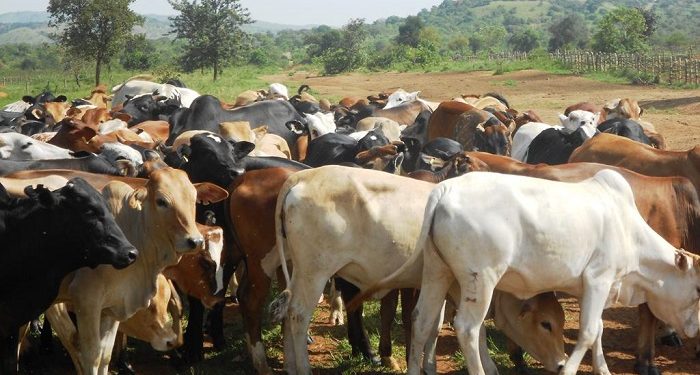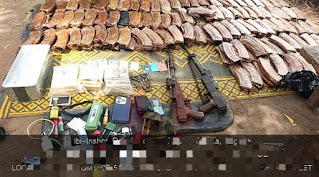The Permanent Secretary of the Federal Ministry of Livestock Development, Dr. (Mrs.) Chinyere Ijeoma Akujobi, has emphasized that the proper collection, documentation, and management of data on Animal Genetic Resources (AnGR) is essential for evidence-based policy formulation, research, breeding programmes, and sustainable utilization.
Dr. Akujobi made this known during the National Capacity Building Workshop on Data Collection and Management of Animal Genetic Resources, organized by the African Union Inter-African Bureau for Animal Resources (AU-IBAR), in collaboration with the Federal Ministry of Livestock Development on Tuesday
Represented by the Director, Technical, in the Office of the Permanent Secretary, Dr. Peter Alike, she noted that animal genetic resources lie at the core of livestock productivity, resilience, and adaptation to climate change.
“This workshop could not have come at a more opportune time, as the livestock sector continues to play a critical role in national food security, economic development, rural livelihoods, and environmental sustainability,” she said.
Dr. Akujobi further stated that the event reaffirms Nigeria’s commitment to transforming the livestock sector through innovation, science, and technology.
“Nigeria, like many African countries, is blessed with a rich diversity of indigenous animal genetic resources. However, the lack of robust and harmonized data collection and management systems has hampered our ability to fully harness this potential,” she said.
She described the capacity-building workshop as a vital step toward strengthening institutional and human capacity to generate reliable data, adopt modern management tools, and align with continental and global strategies for the sustainable use of AnGR.
The Permanent Secretary reiterated the Ministry’s commitment to modernizing the livestock industry through the National Livestock Growth Acceleration Strategy (NL-GAS), the Ministry’s flagship framework for transforming the sector into a productive, inclusive, and data-driven industry.
“The NL-GAS provides a clear roadmap for improving animal genetics, enhancing feed and fodder systems, strengthening veterinary services, and promoting data-driven decision-making across the entire value chain,” she explained.
She assured stakeholders of the Ministry’s full support in implementing the outcomes of the workshop and pledged continued collaboration with AU-IBAR, regional bodies, research institutions, and development partners to strengthen livestock development policies and practices across Nigeria.
Dr. Akujobi urged participants to make the most of the workshop, acquire new skills, exchange experiences, and build lasting partnerships. She encouraged them to apply the knowledge and tools gained to improve practices in their institutions, communities, and programmes.
In his opening remarks,Head of the Northeast Sub-Office for the Food and Agriculture Organisation (FAO) of the United Nations, in Nigeria, Al Hassan Cisse, highlighted Nigeria’s status as host to the largest livestock population in Africa: 58.5 million cattle, 124 million goats, 64 million sheep, 14 million pigs, and 180 million poultry. He also noted Nigeria’s rich livestock diversity, ranging from the Red Sokoto goat to the White Fulani cattle.
“Globally, one in four local animal breeds is at risk of extinction, and West Africa remains a data-deficient hotspot,” he said, expressing optimism that the workshop would serve as a platform to jointly develop data collection tools, sampling plans, and management protocols to feed Nigeria’s first-ever AnGR dataset into the global Domestic Animal Diversity Information System (DAD-IS).
Also speaking, the Director of AU-IBAR, Mary Mbole-Kariuki, highlighted the organization’s continued support for African countries through initiatives such as the Genetics Project (2013–2019).
This project aimed at strengthening national capacities for the conservation and sustainable use of animal genetic resources, in line with the Global Plan of Action (GPA) for AnGR.









